This list of books by organic market garden expert Eliot Coleman was given to us by the Allsun Farm crew. Apparently these are the 12 books that most influenced Eliot during his transition from school teacher to organic market gardener extraordinaire. They’re pretty radical! Eliot writes:
“In order to understand the present and prepare for the future, it helps to understand the past. So when I was asked what books would be best to help someone understand what a biologically based agriculture is all about, I put together this collection, which I nicknamed “The Fertile Dozen”.
It’s a fascinating collection of early texts by pioneers of regenerative agriculture and smaller-scale food growing. If you’ve read any of Eliot Coleman’s books then you know how highly he values good research when designing food-growing systems, and this list is a treasure trove of knowledge.
This document came to us with the following foreword by Eliot Coleman:
These books provide background on the ideas of organic pioneers – what influenced their thinking about agriculture as a natural process, and what taught them to relate agriculture to nutrition and human well-being.
These books are listed in the order in which they might be best read. Someone wanting a short course might choose just those marked with an asterisk (*). If you read just one, read Wickenden.”
Make Friends With Your Land – (*) by Leonard Wickenden (1948). When Leonard Wickenden retired from his career as a chemist he became enthusiastically involved with organic gardening. He investigates organic practices from a scientific perspective and comes out 100% in their favour. This is an amazingly perceptive and well-researched organic farming book to have been written as long ago as 1948. It is delightful reading in the bargain.
Soil and Sense – (*) by Michael Graham (1941). A small early volume which relates the history of the close relationship between grasses, pastures, livestock and soil fertility.
The Stuff Man’s Made Of – (*) by Jorian Jenks (1959). The origin, the philosophy and the scientific evidence behind organic gardening make for interesting reading. Jenks was the editor of the Journal of the Soil Association in England for many years and has an encyclopaedic grasp of the subject.
Farmers of Forty Centuries – (*) by F.H King (1911). One of the all time classics, this book tells the story of King’s journey through China, Korea and Japan. He details the age-old use of organic matter to maintain fertlity of the soils. Profusely illustrated with photos. A fascinating read.
The Soil and Health – by Sir Albert Howard (1947). This volume followed Howard’s seminal work, An Agricultural Testament. It is easier reading. He contends that the problems of agriculture need to be solved with biology rather than chemistry.
Agriculture – A New Approach – (*) by P.H. Hainsworth (1954). When I was first getting started as an organic vegetable grower, i considered this the most competent and practical of all the books I read. Hainsworth was a successful market gardener and he knew his stuff.
Plowman’s Folly – by Edward H. Faulkner (1945). This small volume, condemning the moldboard plow caught the general public’s attention in the late 40’s and 50’s in the same way ‘Silent Spring’ by Rachel Carson did in the 60’s and sold millions of copies.
The Farming Ladder – by George Henderson (1944). Henderson is one of the most competent farmers to have ever written a book and he writes in an informal story telling style. He covers everything from how to start, how to focus on quality work and quality products, and, most importantly, how to make a living doing it.
Compost – by Alwin Siefert (1962). An outstanding book on the hows and whys of producing and using first-class compost.
Nutrition and the Soil – (*) by Dr Lionel Picton (1949). This is one of the first works on the subject of soil quality and human nutrition. Originally published in England as “Thoughts on Feeding”.
The Soil and the Microbe – by Selan Waksman and Robert Starkey. A scientific book about what makes soil work. Micro-organisms are the key to soil fertility and Waksman was the early defender and pioneer.
A Mirror of England – by H.J. Massingham (1988). Edited by Edward Abelson. John Massingham (1888-1952) was a vigorous champion of rural living, small farming and quality workmanship. I have over 20 of his books and every one is a gem. This anthology is a broad scale introduction to his thinking and his delightful writing style.
Interestingly, some of these books are also mentioned by Joel Salatin as influences on his Polyface Farms development.
Keep in mind when reading these that most of these texts were written before or in the depths of the green revolution, when farmers were told that chemical fertilizers would save the world and that soil could bear maximum tillage forever. These are radical books.
Books we also recommend to new growers or wanna-be growers include Eliot Coleman’s titles, which are all highly readable and really inspiring:
Four Season Harvest: Organic Vegetables from Your Garden All Year Long
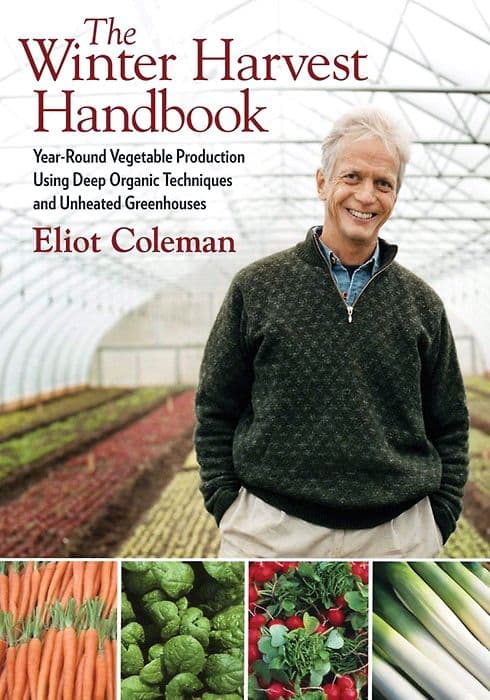
Future Milkwood Starting an Organic Market Garden courses, taught by Allsun Farm and drawing heavily on Eliot Coleman’s techniques, are here.
Definitely related posts
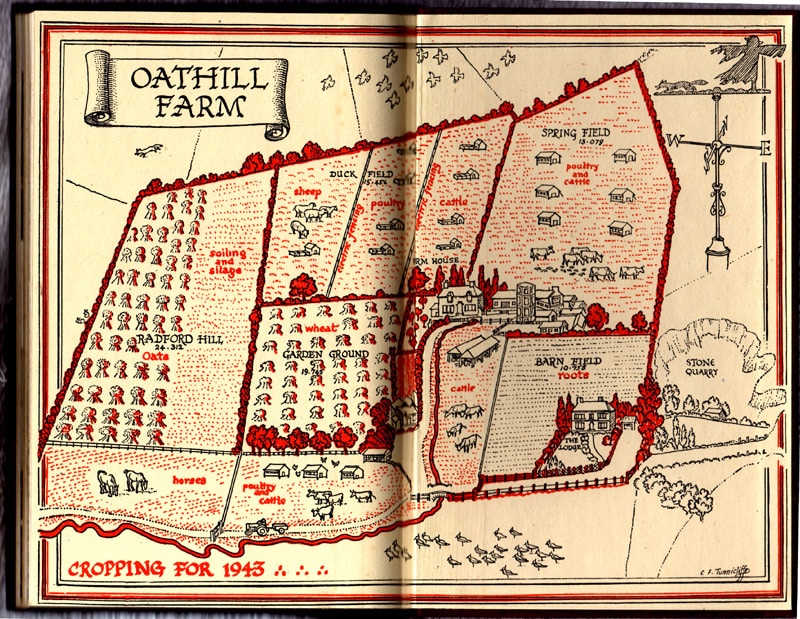
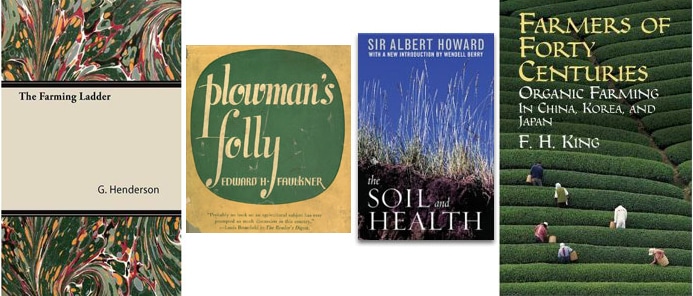
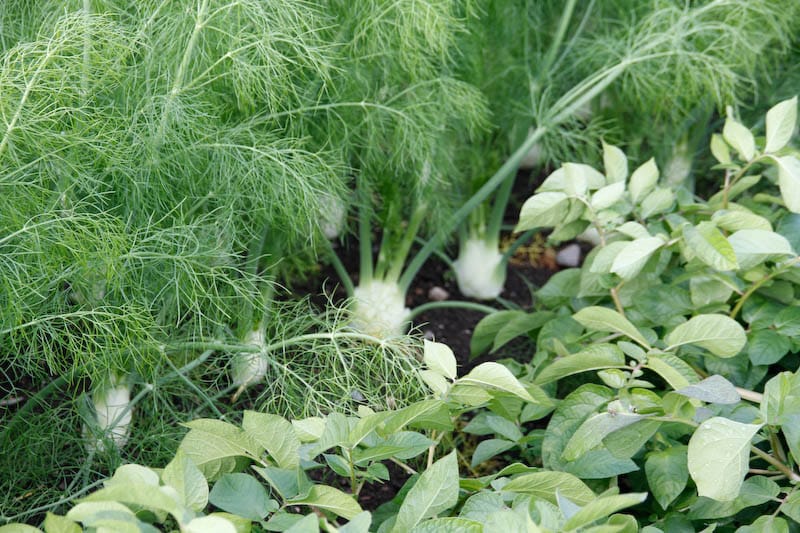
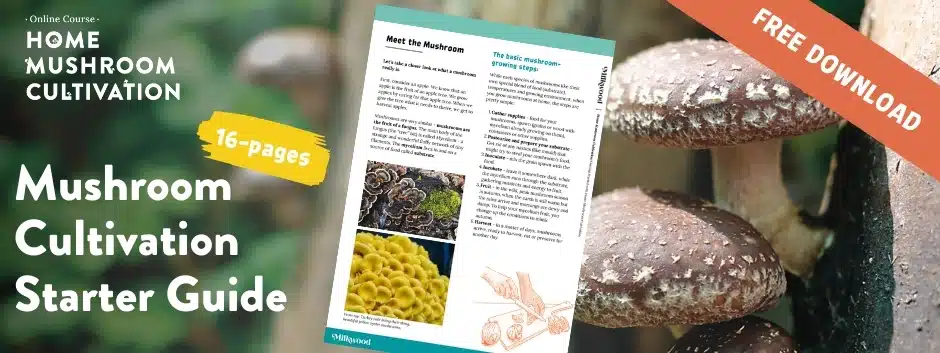
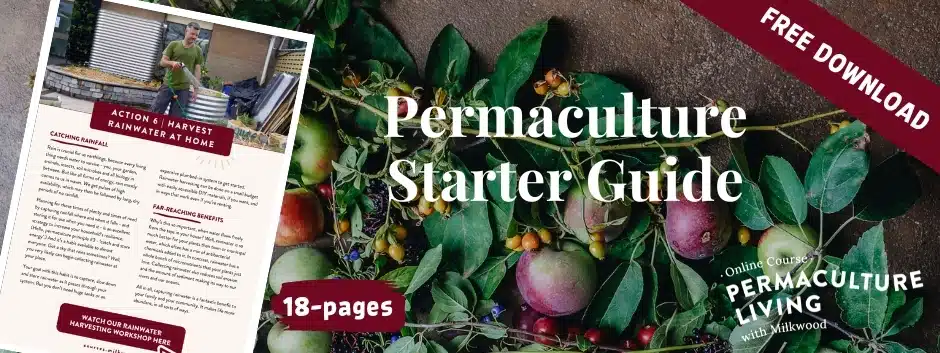
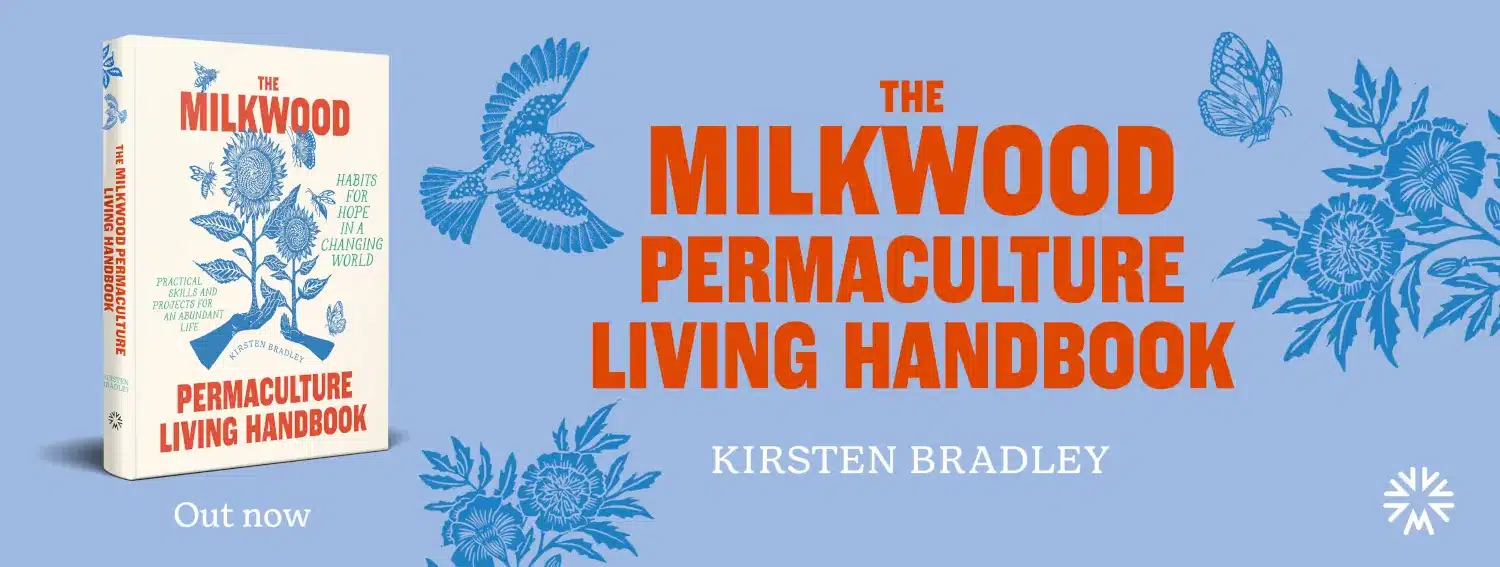
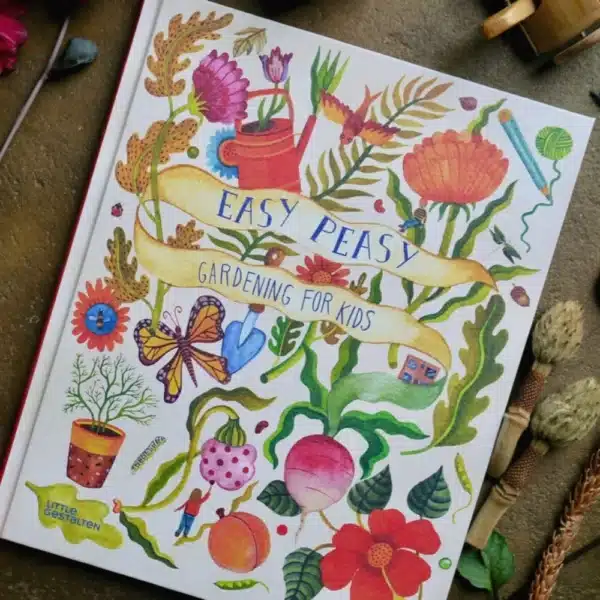
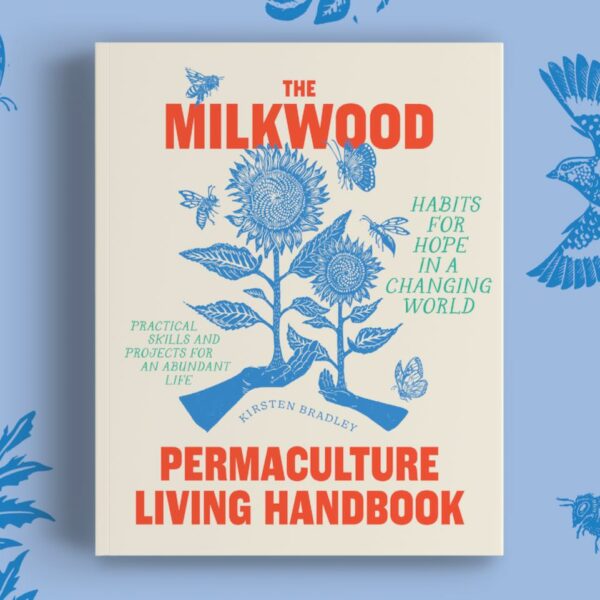
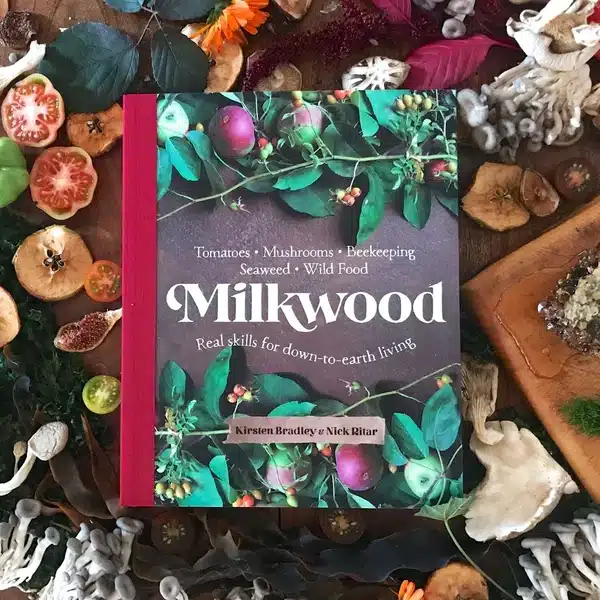






Please: Mention the free book on the internet, The one on humanure! This is a very important environmental and energy issue – also: go stronger on articles on Anaerobic sewage digestion of humanure and animal manures, as farms in Ontario today operate on methane from this process, and even export excesses through large diesel/methane powered generators to the common grid. Single garden plots may not fully qualify but communal efforts could certainly develop usable amounts of methane and electric power. $100.00 bbl U.S. Dollar oil prices certainly give rise to the notion that the U.S. citizen will soon seek alternatives… Read more »
yep, we’ve shared the humanure book before and probably will again, bit it wasnt part of Coleman’s fertile Dozen!
my reading list keeps getting longer! arghhh and yeah all at the same time! thanks guys! hoping for a few good stocking stuffers with this one!
yeah sorry about that. on the list goes!
Thank you : )
Good post Kirsten. May I suggest that you also bring your followers attention to the annotated bibliography in Eliot’s ‘The New Organic Grower’ (2nd edition) as it contains many many titles which relate to our and others OMG’s.
best Michael
Good call Mike. Will do!
Any chance of a Eliot Coleman workshop at Milkwood?
– Bob
we wish! stay tuned…
Some of these books are available for free in the Soil and Health Library:
http://www.soilandhealth.org/
LOADS of other great titles can be found here:
http://library.nu
cheers Josef. Soil and Health library is a marvelous thing…
woohoo, thank you Josef for this link to the S&H library! Fantastic.
thank you, my father, who would have been….102 this year — brought me up on these books. it helps to understand that the farmers he grew up with were not brainwashed by fertilizer salesmen, and therefore his generation of growers didn’t buy it either.